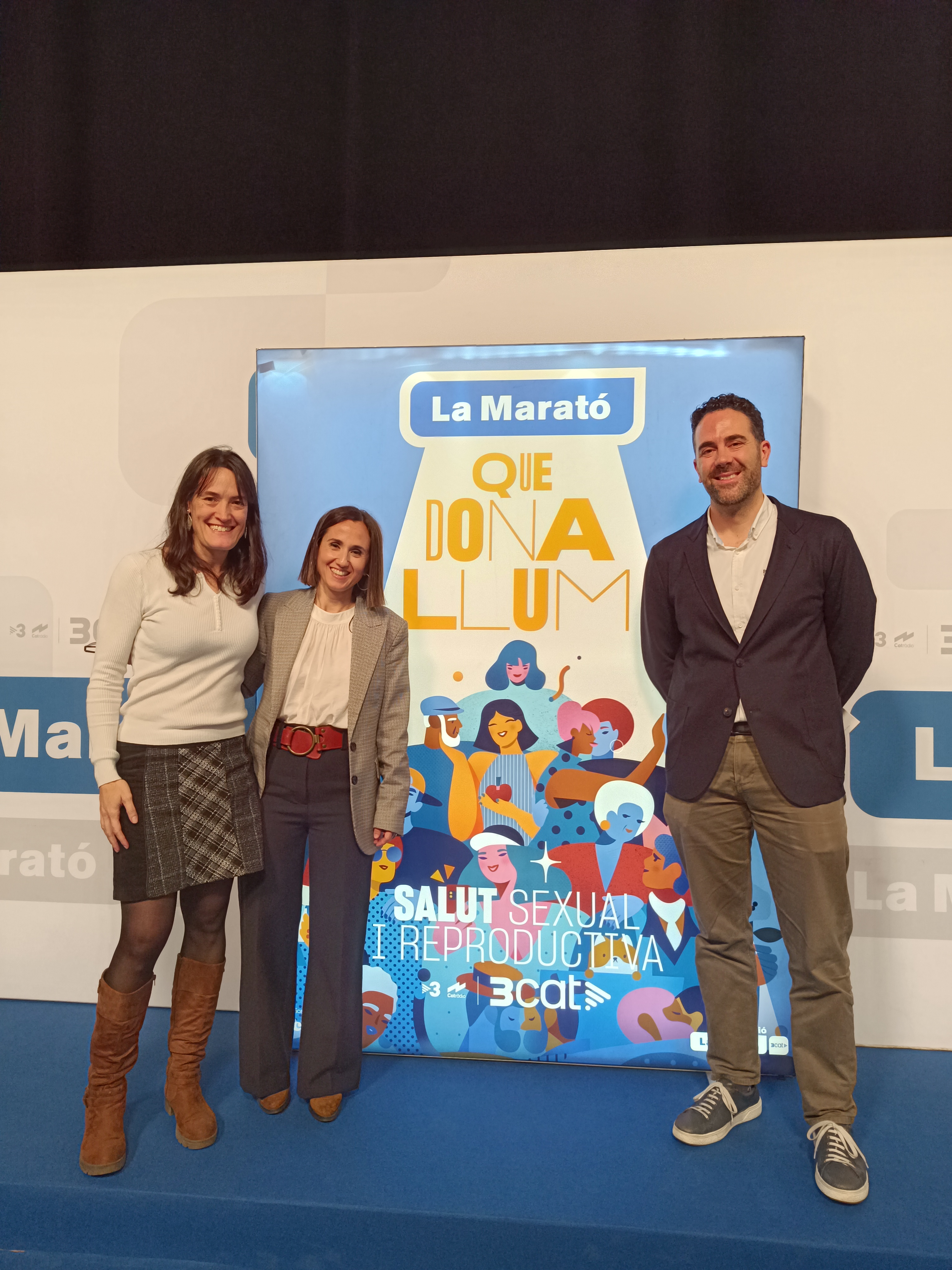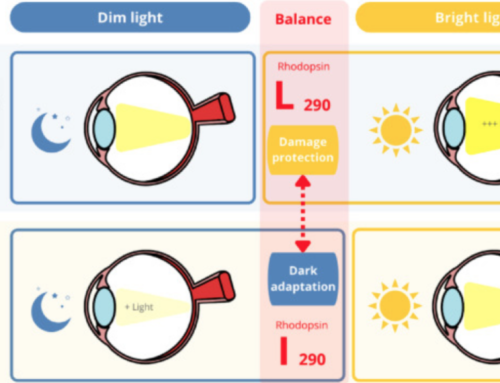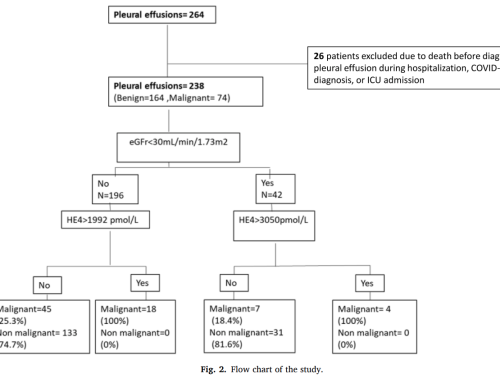
Research team
Gemma Fuster, Laia Bosch-Pressegué, Cristina Martín, Antoni Parcerisas, Neus Carbó, Patrícia-Fernàndez-Nogueira, Èric Calatayud, Mónica Marro and Clara Martínez in the UVIC-UCC and IRIS-CC. Also Researcher at Vall Hebrón Research Institute leaded by Dr. Vicente Peg, and in Hospital Germans Trias i Pujol, leaded by Dr. Aintzane Urbizu.
The Fundació La Marató de 3cat, on the occasion of its edition dedicated to Sexual and Reproductive Health, has awarded diplomas to the researchers who will carry out the selected research projects, among which the one led by Drs. Vicente Peg (Hospital de la Vall d’Hebron), Dr Aintzane Urbizu (Hospital Germans Trias i Pujol) and Dr Gemma Fuster, professor at the FCTE and researcher from the Tissue Repair and Regeneration (TR2Lab) group that belongs to the Institute for Research and Innovation in Life and Health Sciences of Central Catalonia (IRIS-CC). Among the researchers involved in the study are several members of the TR2Lab at IRIS-CC, Dr Laia Bosch-Pressegué, Dr Antoni Parcerisas and Cristina Martín, and Dr Patrícia Fernàndez-Nogueira, associate professor at the FCTE and researcher at the University of Barcelona. Also participating are oncologist Dr Clara Martínez from IRIS-CC and Fundació Althaia, Dr Neus Carbó from the University of Barcelona, Èric Calatayud and Dr Mónica Marro from the Institute of Photonic Sciences (ICFO).
Although it is known that not all non-invasive breast lesions (ductal carcinoma in situ, DCIS) will develop into invasive diseases (invasive ductal carcinoma, IDC), currently all patients with DCIS are treated to prevent their eventual evolution, as it is impossible to predict which patients will progress. To identify which DCIS patients will not progress to IDC and thus avoid unnecessary and aggressive treatments, we aim to identify the molecular mechanisms that drive this transition. This multidisciplinary project brings together clinicians (pathologists, oncologists, and radiotherapists) and basic researchers (physicists, biochemists, bioinformatics, and biologists) from different hospitals, research, and academic institutions in Catalonia and Northern Europe (Oslo, Norway) in a collaborative effort to gain more insight into the progression of DCIS to IDC. We will apply to patient biopsies innovative technical approaches (spatial transcriptomics, Raman spectroscopy) to better characterize and stratify DCIS lesions. Our ultimate goal is to help redefine the classification of DCIS according to the risk of progression to improve the clinical management of DCIS lesions shortly, thus contributing to preserving the sexual and reproductive health, among other aspects of these patients’ life quality.
Collaborations and Financing
Fundació La Marató 3cat project number 202424












Leave a Reply